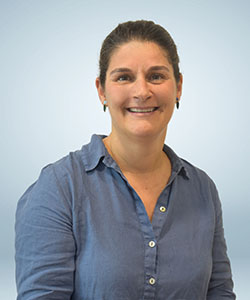Study or Intern Abroad in
Barcelona, Spain
Language: Spanish, Catalan
Climate: Mediterranean
Currency: Euro
About the City
Stylish. Cosmopolitan. Eccentric. There are many reasons why our study abroad program in Barcelona is CEA CAPA's most popular — explore this amazing metropolis with us! It's really the all-in-one-city where nature, culture, gastronomy, and social life meet all in the same place. Spain's second-largest city offers an ideal blend of historic and modern, combining Gothic charm with thriving immigrant cultures, Gaudí's quirky architecture with world-class dining and shopping... and some of Spain's best universities are here, too. Whether you want to study business or liberal arts, immerse in Catalan culture, or improve your Spanish skills, you'll find what you seek when you study abroad in Barcelona.
Student Testimonials
Programs in Barcelona (15)

Study in Barcelona
CEA CAPA Barcelona Center
Starting at $5,995
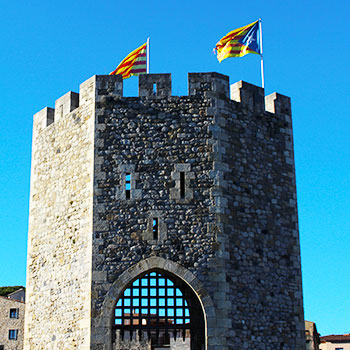
International Business
CEA CAPA Barcelona Center, Universitat Autònoma de Barcelona, Pompeu Fabra University
Starting at $21,995

Communication & Journalism
CEA CAPA Barcelona Center
Starting at $21,995

Liberal Arts & Social Sciences
CEA CAPA Barcelona Center
Starting at $21,995

Global Business Consulting
CEA CAPA Barcelona Center
Starting at $22,195

Study + Internship in Barcelona
CEA CAPA Barcelona Center
Starting at $7,895

Psychology
CEA CAPA Barcelona Center
Starting at $21,995

Spanish Language & Culture
CEA CAPA Barcelona Center, University of Barcelona
Starting at $5,995

Interdisciplinary Studies
CEA CAPA Barcelona Center, Pompeu Fabra University
Starting at $21,995

Liberal Arts & Business
CEA CAPA Barcelona Center
Starting at $5,995

Business, Design & Innovation
CEA CAPA Barcelona Center, University of Vic
Starting at $21,995

Internship in Barcelona
CEA CAPA Barcelona Center
Starting at $7,595

Undergraduate Research Abroad
CEA CAPA Barcelona Center
Starting at $22,295
Where You'll Study
CEA CAPA Barcelona Center
The CEA CAPA Barcelona Center, located in the bustling Plaza de Catalunya, places you in the heart of one of Europe’s most dynamic cities. Surrounded by the vibrant neighborhoods of Eixample, Gothic, and Born—each just minutes away on foot—the Center offers convenient access to Barcelona’s iconic landmarks, world-class shopping, and diverse culinary scene. From the famous Las Ramblas to the elegant Passeig de Gracia, you will have access to every corner of Barcelona allowing you to maximize your study abroad experience.
The Barcelona Study Center offers an interdisciplinary liberal arts education, utilizing the city as an immersive learning environment. Courses, offered in both English and Spanish, cover subjects like history, politics, culture, economics, and art. You can actively engage with Barcelona’s rich history and contemporary relevance through visits to monuments, museums, and local markets, along with unforgettable excursions to rural Spanish cities.
The dedicated onsite team provides personalized support, helping you navigate your academic and professional goals while curating cultural events and activities to enrich your time abroad. With modern facilities, including study spaces, and social areas, the Barcelona Center creates a welcoming environment for collaboration and connection.
With its dynamic setting and innovative programs, the CEA CAPA Barcelona Center delivers a transformative study abroad experience rooted in cultural exploration and academic excellence in one of Spain’s most iconic cities.
Our Partner Institutions
What Students are Saying about Spain
Excursions
Get out and explore! Excursions are offered for most semester, year, and summer programs. Semester students are typically offered between two to three excursions and summer study students are typically offered between one to two excursions. You'll receive a calendar of excursions during orientation; here are a few day and overnight excursions we've offered in the past.
Where You'll Stay
*Housing options may change and will be confirmed on the housing application form prior to the start of the term. Below are the housing options that have been offered in the past.
Alumni Ambassadors
Frequently Asked Questions
Studying abroad in Spain is a life changing event for many students. When you study abroad or intern abroad in Barcelona, you experience learning outside the traditional classroom setting, gain international experience, and expand your sense of cultural awareness. You will experience new culture, food, and meet people from all over the world making lifelong friends and expanding your network. Plus, you get to travel to places you've only read about.















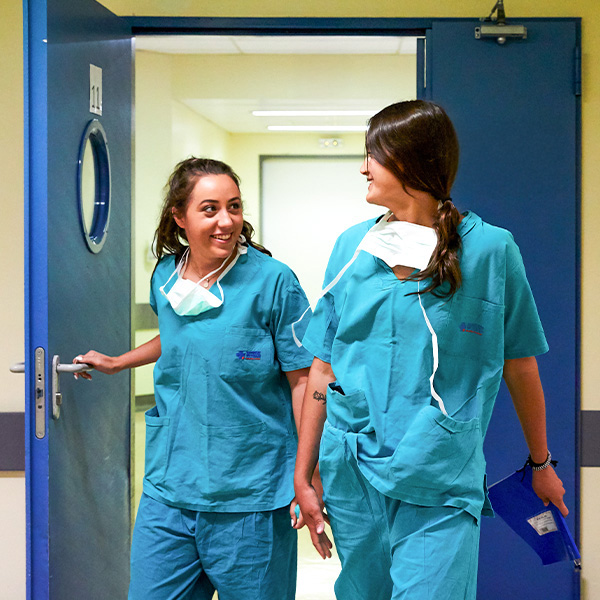






















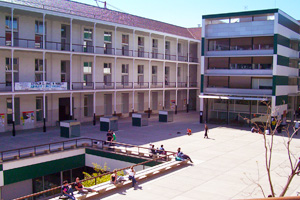
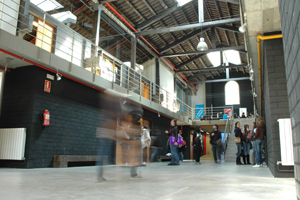

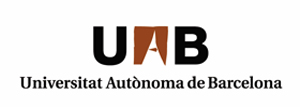


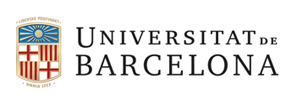


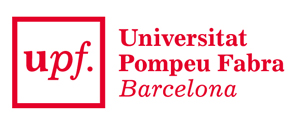

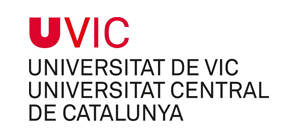













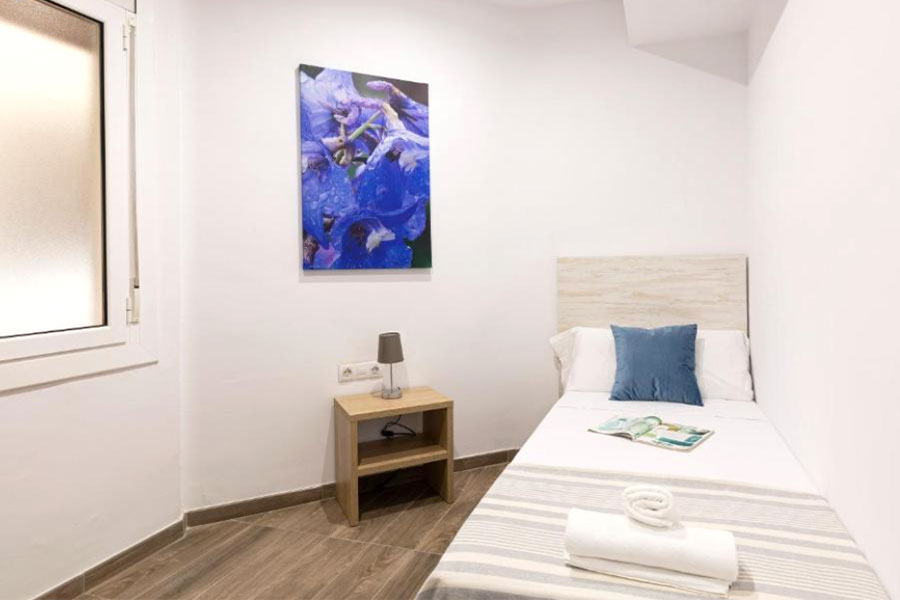




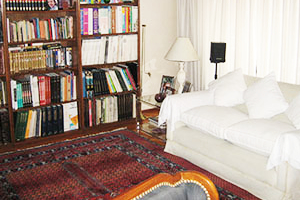
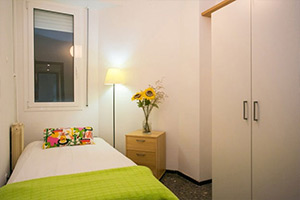
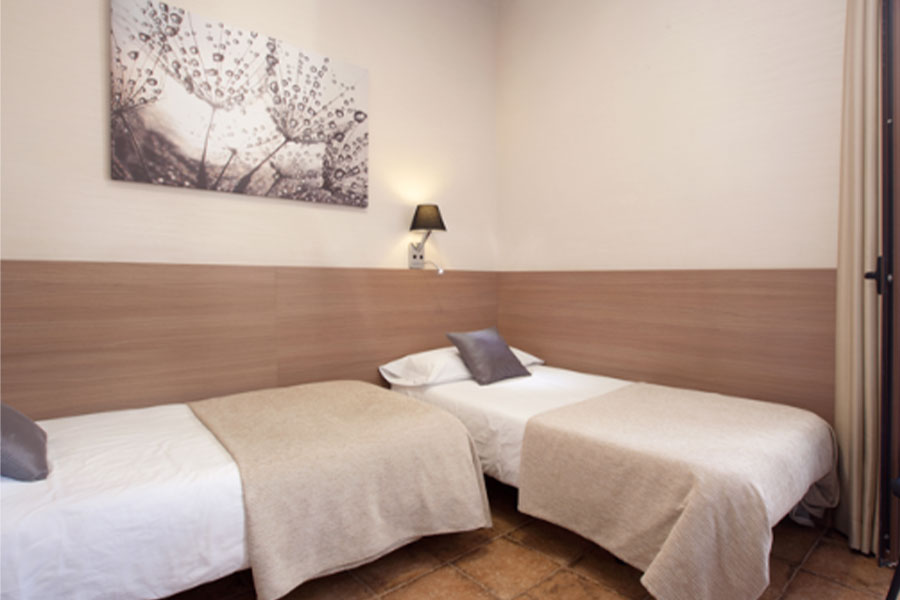

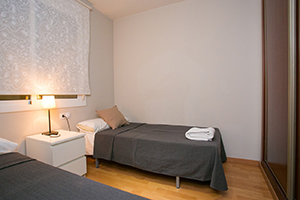
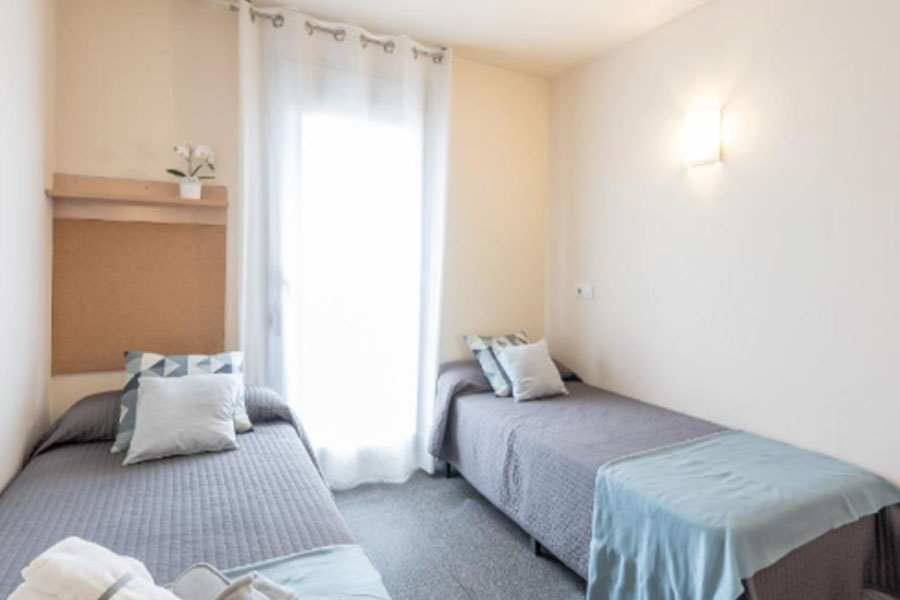
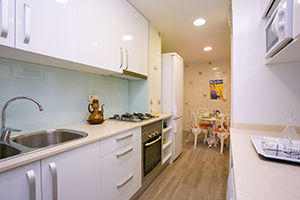
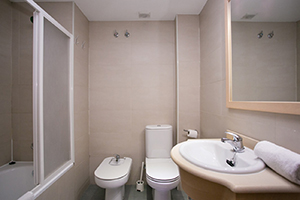




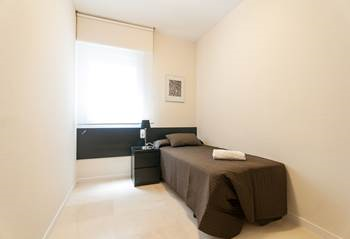
.jpg)

















































































